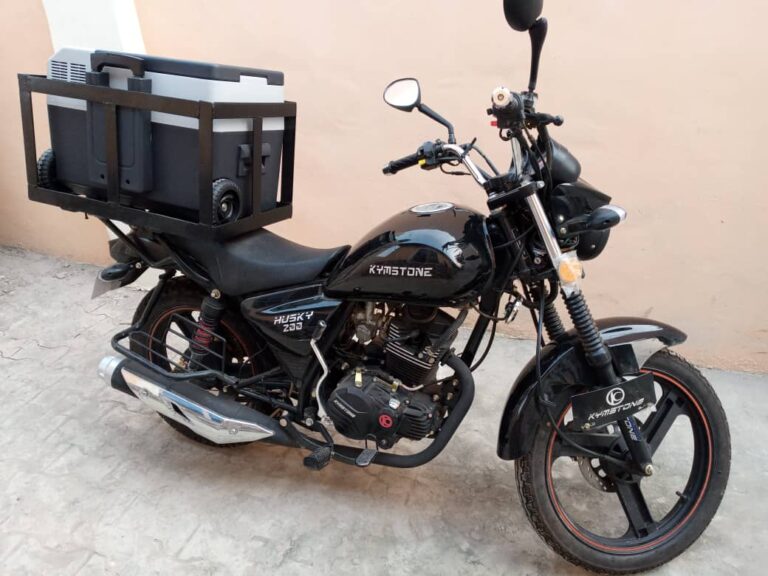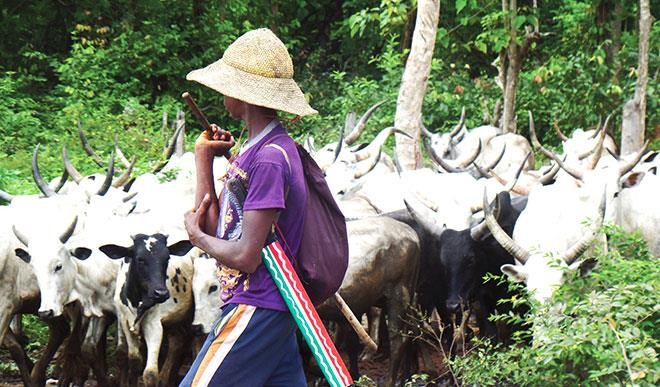Necessity is the mother of invention. As part of efforts to fight the COVID-19 pandemic which has killed over two million people worldwide, some countries have come up with innovations which will improve the healthcare system. Here are five things you should know about the pandemic this Friday morning.
Logistics problem solved with ‘cold bike’ for vaccines transportation
The hope of many Nigerians — especially those in rural and riverine communities — benefitting from the distribution of COVID-19 vaccines received a boost on Thursday.
Food Doctors Nigeria Limited (FDNL), a company based in Nigeria, says it has invented a “cold bike” to aid safe transportation and distribution of vaccines in Nigeria.
Awesu Joseph, the team lead of FDNL, said the invention was inspired by the need for a sustainable cold chain system that would ensure safe and speedy delivery of temperature-sensitive goods, such as vaccines.
Advertisement
The cooler is detachable and can be connected to any kind of energy source and has a Global Positioning System (GPS) tracker for real-time tracking of the bike.
The bike could be used to transport the Pfizer BioNTech COVID-19 vaccine at the recommended temperature to the remote areas of the country and will also help in data collection, monitoring and evaluation of effectiveness as well as patients’ details.
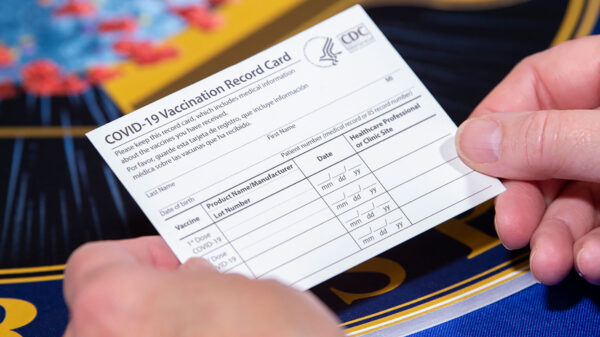
Advertisement
Sweden announces plan for digital COVID-19 passport
Sweden on Thursday announced plans to develop a digital coronavirus passport.
Anders Ygeman, minister for digital development, said the digital certificate would allow Swedes to document that they have been vaccinated against COVID-19.
The government said that proof of vaccination will be required by other countries for entry or to attend conferences, music festivals and sports events.
The certificate, which the government expects to be in place by June 1, will be in line with international rules and standards, and ensure privacy.
Advertisement
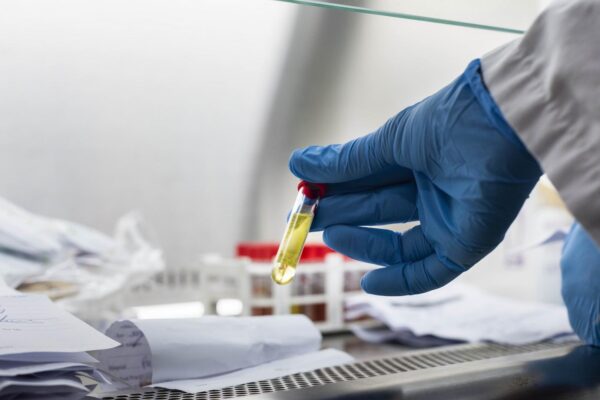
FDA plans new drugs for COVID-19 variants
The worries caused by COVID-19 variants may soon be doused — thanks to the US Food and Drug Administration (FDA) which plans to speed up the development of new drugs to treat any strain of the virus that escapes current treatments.
The FDA says it plans to use the current process for updating flu vaccines as a template for authorising any changes to coronavirus shots.
Janet Woodcock, acting FDA commissioner, said the agency will utilise experience with influenza to help form a path forward against SARS-CoV-2 variants which currently authorised vaccines are not sufficiently effective.
Advertisement
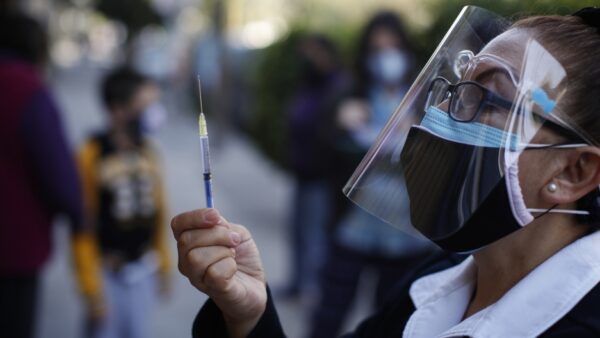
COVID-19 vaccine inequality pose ‘deadly consequences’
In an effort to tackle the imbalance in vaccine distribution across the globe, the International Federation of Red Cross and Red Crescent Societies (IFRC) on Thursday announced a $110 million plan to support the immunisation of 500 million people against COVID-19.
Advertisement
Analysis by IFRC shows that around 70 percent of the total coronavirus vaccine doses administered globally have been in the 50 wealthiest countries compared to only 0.1 percent administered in the 50 poorest countries.
The IFRC described the disparity as alarming and said it could result in “deadly and devastating” consequences, warning that if large areas across the globe remain unvaccinated, the virus will carry on circulating and mutating.
Advertisement

Study reveals extent of COVID-19 vaccine side effects
The side effects of COVID-19 vaccines may not be a serious problem as there is evidence that the vaccines offer protection.
Advertisement
A new study says about four in 10 people recently given a COVID vaccine report some side effects.
According to the UK researchers who gathered the feedback, none of the side effects was serious but a common one was soreness around the injection site.
The findings from King’s College London, which carried out the research on about 40,000 people — mostly healthcare workers — said it is reassuring for millions having the vaccines now, and that side effects are to be expected.
The researchers asked for feedback via Zoe app — from people who had received at least one dose of the Pfizer-BioNTech vaccine by early January.
COVID-19 IN NIGERIA

